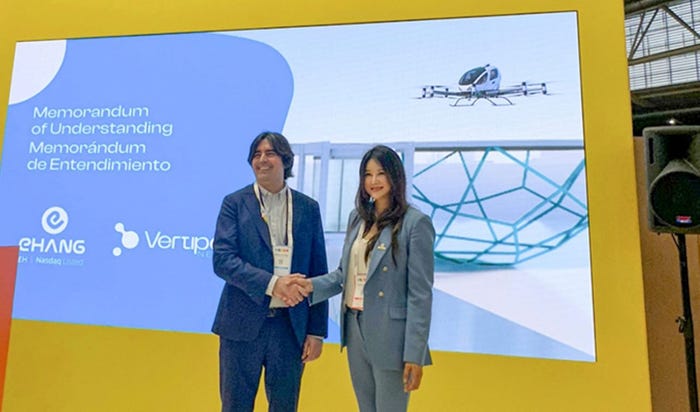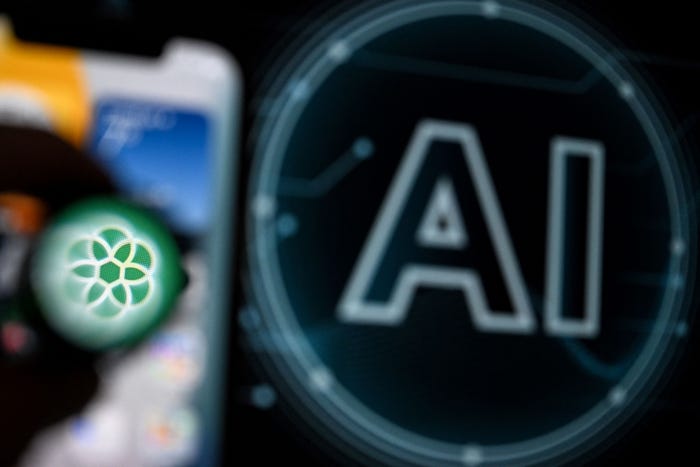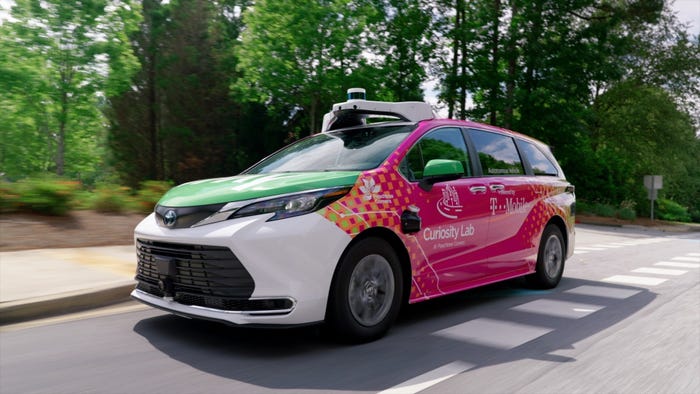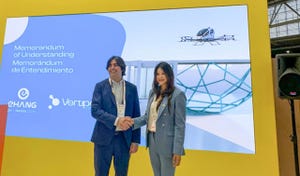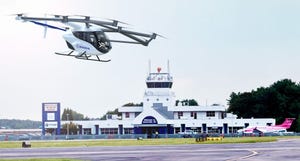Self-Driving Industry Wants Federal Help
Autonomous vehicle industry leaders pen letter to Transportation Secretary Pete Buttigieg

America’s autonomous vehicle (AV) developers need much more support from the federal government or the United States risks falling well behind China.
That was the key takeaway from a letter written by AV industry leaders to Transportation Secretary Pete Buttigieg, which was published on Dec. 7.
Key stakeholders such as the Autonomous Vehicle Industry Association, the U.S. Chamber of Commerce, the Consumer Technology Association and the Alliance for Automotive Innovation were among those behind the correspondence.
And the strongly worded letter laid out in stark terms what they think is required. “The AV industry is… in need of strong leadership from USDOT [the United States Department of Transportation],” it read.
“The department’s support for AV development is crucial to maintain our nation’s competitive edge and secure our position as a global leader. The U.S. stands at a critical juncture in the AV race, with countries like China aggressively investing and advancing the technology.”
The letter was explicit in terms of where it believes USDOT can make a difference. It continued: “We urge the department to use existing authorities to assert its jurisdiction over the design, construction, and performance of motor vehicles, including those deploying emerging technology.”
Among the areas where the signatories believe that USDOT can wield its influence is in the introduction of AV STEP, a potential new regulatory pathway for AVs. As the letter stated: “AV STEP could hasten the deployment of vehicles whose designs require exemptions from the current Federal Motor Vehicle Safety Standards and introduce a new era of accessibility and vehicle safety for the American public.”
The industry stakeholders want USDOT to “move forward expeditiously” with AV STEP, which they believe presents an opportunity for the National Highway Traffic Safety Administration to gain additional data that will inform future rulemaking and set standards for AVs.
That the AV industry has reached “a critical juncture” in the U.S. cannot be disputed. While China has seen self-driving taxis continue to roll out in multiple cities, and automakers deliver increasingly sophisticated advanced driver assistance systems at an astonishing pace, the landscape is different in the U.S.
Public perception is being skewed by negative coverage, much of it focused on General Motors’ self-driving taxi subsidiary Cruise, which has suspended all operations and is facing a heavy fine after one of its AVs was involved in an accident in October in San Francisco that the company has been accused of withholding information about.
This came on top of a survey from the American Automobile Association in March which revealed that fear of self-driving vehicles had risen significantly, and a JD Power report in October that showed consumer readiness for automated vehicles was slipping.
However, the letter points out that USDOT support will help highlight the benefits of AVs, which include much greater road safety, enhanced mobility for those with disabilities, job creation via the transformation of the supply chain and an improved environment.
About the Author
You May Also Like


